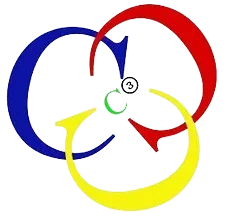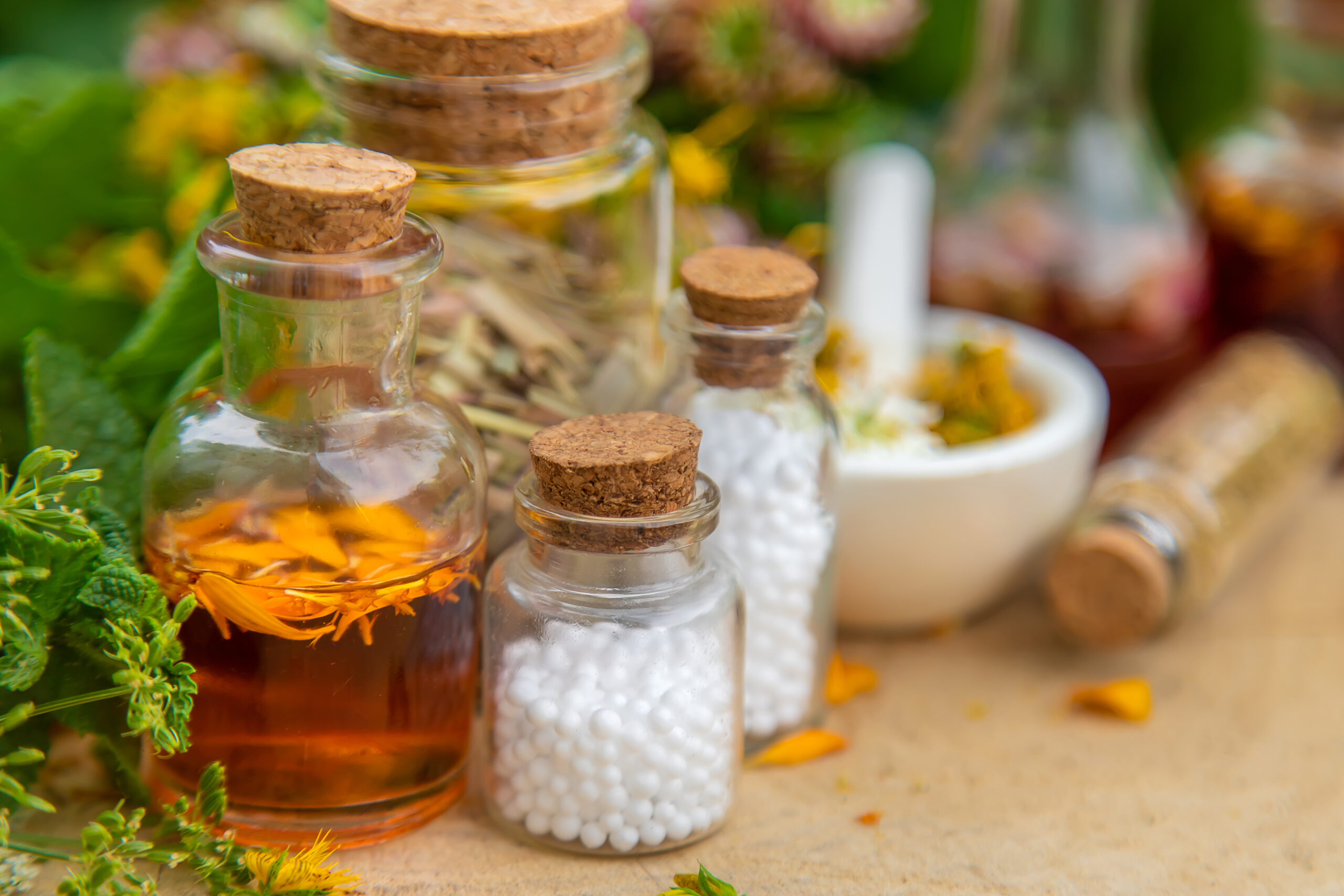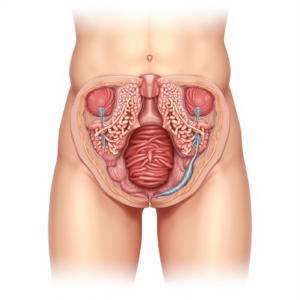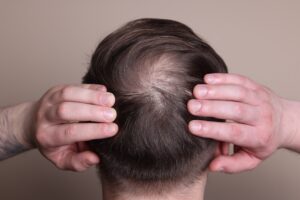When it comes to chronic illnesses—be it PCOS, arthritis, asthma, thyroid disorders, or even depression—most people are tired of managing symptoms with long-term medications. They yearn for lasting relief without side effects. That’s where homeopathy steps in as a gentle yet deeply effective approach. Rather than suppressing symptoms, homeopathy focuses on understanding the root cause of illness and supporting the body’s own healing capacity.
Let’s delve into the top 10 advantages of opting for homeopathy for chronic disease and address some of the most frequently asked questions in the process.
Treats the Root Cause, Not the Symptoms
Homeopathy cures the individual as a whole—physical, emotional, and mental. Whereas allopathy could resort to targeting individual symptoms (such as joint pain or skin rash), homeopathy probes why the symptoms are materializing. Stress? Hormonal imbalance? Old traumas?
This leads us to case-taking in homeopathy, a highly individualised process.
Why is case-taking necessary in homeopathy?
Because each patient is unique. Two individuals with migraine might require vastly different remedies depending on their triggers, personality, stress levels, and medical history. Without a full case-taking process, this individualisation would not be possible.
Gentle Yet Powerful Action
Individuals tend to equate “gentle” with “ineffective.” But with homeopathy, remedies are made through a process called potentization.
Which is more potent, 200C or 30C?
This is a frequent query. The response varies with the context. A 200C is higher potency and acts deeper and longer than a 30C. For long-standing diseases, higher potencies are chosen under expert advice.
Zero Dependency, No Withdrawal
Traditional medicine frequently sets up a cycle of dependency: discontinue the medicine, and the symptoms return—and sometimes even worsen. Homeopathic remedies, when correctly prescribed, end this cycle. They act by stimulating your body’s own healing process, rather than by covering up symptoms.
Chronic disease sufferers who turn to homeopathy frequently discover that they are able to taper off or eliminate their traditional drugs entirely (with the help of their doctor), without withdrawal symptoms.
No Toxic Side Effects
Chronic patients are typically on long-term medications, which over time can harm the liver, kidneys, or digestive system. The homeopathic treatment, on the other hand, is safe, nontoxic, and derived from natural sources. This makes them the best choice for long-term use—even in children, pregnant women, and the elderly.
Tailored to You—not Your Disease Name
Whereas allopathy diagnoses and treats disease, homeopathy treats people. If you have something chronic like eczema, asthma, or hypothyroidism, your homeopath doesn’t simply require test results. They want to know your personality, your likes and dislikes about food, your fears, your sleep pattern, your menstrual history, your health as a child—everything that makes you, you.
That’s why two patients with the same diagnosis may get two different remedies in homeopathy. This is true holistic healing.
Facilitates Mental and Emotional Well-being
Chronic disease usually has underlying emotional burdens—depression, anxiety, irritability, or hopelessness. Homeopathy addresses your mental well-being slowly but surely along with the physical condition.
For example, the individual with psoriasis might also experience shame and withdrawal from society. Homeopathy takes these emotional undertows into account as part of the disease scenario, providing more holistic healing.
Little Medicine, Big Impact
As opposed to standard treatments that tend to use more than one medication, homeopathy uses minimal dosing and single remedy prescriptions wherever applicable. The “minimum dose” principle makes sure your body is not overworked.
Homeopaths tend to quote, “Less is more,” and it really holds true here.
Well-Established Track Record & Legacy
Homeopathy has been practiced for more than 200 years all over the globe. It has endured the test of time and has provided respite to millions afflicted with chronic ailments—most of them without any hope left in mainstream treatment.
Who is the father of homeopathy?
Homeopathy was established by Dr. Samuel Hahnemann, a German doctor, in the late 18th century. He had faith in the law of “similia similibus curentur” or “like cures like,” which remains the basis of homeopathic science even today.
Safe with Other Treatments
For patients with chronic illness already on standard medications, homeopathy can be incorporated safely as an adjunct therapy. Most diabetic, high blood pressure, or hormonal imbalance sufferers take both forms of medicine together—with excellent outcomes.
A professional homeopath will see that medicines are chosen that won’t counteract existing treatments. As your condition stabilizes, you might find over time you require fewer allopathic medications.
Ideal for Every Life Stage
Homeopathy is safe for all—newborns to the elderly. This is particularly useful for chronic disease during vulnerable phases such as pregnancy, menopause, or childhood growth disorders.
And even where long-term conventional treatment is unsafe or not possible, as in the aged or immunocompromised individual, homeopathy is a soothing and supportive option.
Get to know Dr. Rashmi Chandwani – A Name Patients Trust in Holistic Healing
Dr. Rashmi Chandwani is a well-known homeopathic doctor with specialization in treating chronic diseases through classical homeopathy. Her method is intense case-taking, empathetic listening, and actually knowing the emotional and physical causes of disease. Her patients value her in pursuing long-term solutions to diseases such as PCOS, thyroid ailments, skin conditions, and autoimmune disorders—free of side effects. Her thriving practice testifies to her dedication to individualized care and natural healing.
Bonus Insight: What is the highest potency in homeopathy?
High potencies of 30C, 200C, and 1M are usually used in general practice. Some remedies are even prepared in higher potencies of 10M or 50M.
Which is the highest potency in homeopathy?
Technically, potencies can go up to CM (100,000C) or even higher. However, such deep-acting high potencies need to be used under professional guidance and with caution. The choice depends on the sensitivity of the patient and the depth of the disease.
Final Thoughts
Living with a chronic disease is draining—physically, emotionally, and mentally. Homeopathy is not about switching medicines; it’s about selecting a different healing philosophy—one that values the uniqueness of each patient, has faith in long-term cure over short-term suppression, and respects the healing ability of the body.
No matter if you’ve been suffering from migraines, skin conditions, hormonal imbalances, or autoimmune issues, homeopathy presents a scientifically created and individually designed road to improved health—ever so gently, safely, and efficiently.
If you’re fed up with the hit-or-miss experience of allopathic medication, maybe it’s time to look at homeopathy as a whole philosophy of healing that has changed lives for countless people globally.




